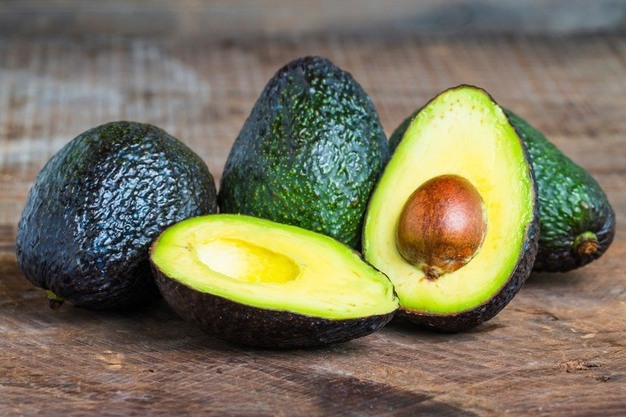The Agricultural Defense Coordination (CDA) of the Secretariat of Agriculture and Supply (SAA), via its Plant Health Defense Center (CDSV), has announced plans to implement inspection actions starting in 2025. These actions aim to facilitate the export of the Hass variety avocado to Chile and Japan, following agreements with the National Phytosanitary Protection Agency of the Ministry of Agriculture and Livestock (MAPA) and corresponding agencies in the importing countries.

Cristina Abi Rachedlost, an agricultural engineer and manager of the State Programs for Phytosanitary Certification and Export of Plant Products, noted the anticipation of increased exports of the Hass avocado variety by 2025. Given that the State of São Paulo is the leading producer in Brazil, this surge is expected to boost the region's GDP.
To adhere to the importing countries' standards, phytosanitary measures will be enforced to curb the introduction of pests not present in either country. Planned measures include risk management for the fruit borer – Stenoma catenifer – for Chilean exports and monitoring of fruit ripening stages to prevent the Mediterranean fruit fly – Ceratitis capitata – from entering Japan.
"Since these are ongoing measures that require field monitoring, the Phytosanitary Certification of Origin will be the basis for compliance with the requirements. The Agricultural Defense will be responsible for ensuring compliance with the requirements imposed to make certified shipments possible," stated Cristina.
The inspection procedures for Chile have been concluded, and registration with the Regional Agricultural Defense Offices is underway to meet the established deadlines. The necessary documentation and procedures are accessible on the CDA website. For Japan, the export procedures are in the final stages of development, set to be defined and shared with stakeholders in January.
Source: Abrafrutas
